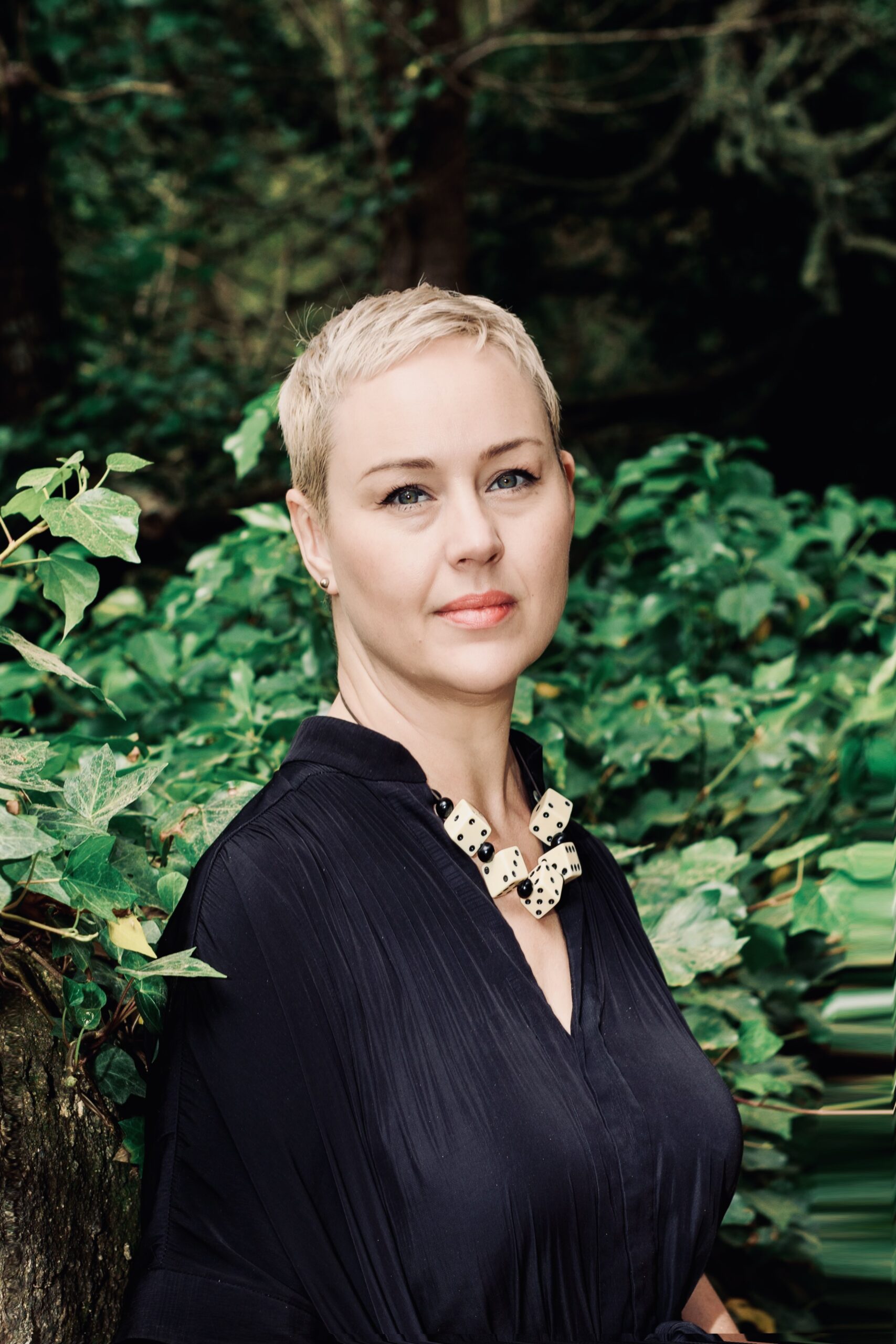Keren Bester
FPO Fellow 2025-26
PhD Candidate in Philosophy, University of Dundee, Scotland
Keren Lucy Bester is a PhD candidate in Philosophy at the University of Dundee, Scotland, working at the intersection of olfaction, ontology, and orientation, whilst pursuing a Diploma in Natural Perfumery. She has lived, worked, and studied in South Africa, Australia, and the UK, and spent two decades in global advertising, developing brand and communications strategy across a wide range of cultures and markets. Throughout her career, she has periodically returned to academia. Most recently, she earned an MA in Philosophy & Artificial Intelligence from Northeastern University in London, adding to an MSc in Philosophy & Public Policy from the London School of Economics, an MA in Advertising from the Royal Melbourne Institute of Technology, and a BA (Hons) in Psychology from the University of Johannesburg. Keren’s fascination with the relationship between mind and body connects her previous research on intersubjectivity, the bioethics of mood enhancement, and the sensory limits of virtual reality with her current doctoral research supervised by Dr. Tina Röck and Dr. Ashley Woodward.
Inspired by Nietzsche’s claim to have smelled the lies of Platonism, Keren’s PhD project, Smelling Metaphysical Lies: Olfactory Orientation and Reorientation, reimagines our relationship with reality by exploring the ontological implications of adopting a primarily olfactory orientation, rather than a predominantly visual one. Whilst all the senses play an orientational role, Keren argues that smell uniquely orients us to living processes and transitions of the biological – fruiting, flowering, disease, decay.
Drawing on recent breakthroughs in olfactory science, Keren develops a metabolic process theory of smell that challenges visuocentric theories of perception and positions olfaction as the most “anti-Platonic” of the senses: one that represents neither ordinary nor chemical objects but is attuned to biological processes and signifies our metabolic relationship with the environment. Temporal, contextual, affective, and embodied, the phenomenology of smell corresponds to the concepts of becoming, difference, and immanence, in contrast to the Platonic ideals of being, identity, and transcendence.
As the most ancient of the senses, oriented to the metabolic processes that originate and sustain life, olfaction links unicellular chemotaxis and ectopic olfactory receptors in the body to our exteroceptive sense of smell. It bridges the phenomenological gap in the life-mind continuity thesis by drawing a continuity between metabolism and mindedness, enabling us to conceive of mind, not as a mirror of the world, but as a mode of felt, evaluative responsiveness: orientation through attraction and repulsion.
Despite vast differences in the complexity of single-cell organisms and human organisms, the structure of orientation remains fundamentally the same. Olfaction thus provides a model for orientational capacities across the living spectrum: from the non-neural intelligence of bacteria and slime molds to the multiscale, ecological intelligence of the human holobiont and embeds us within a living lineage instead of at the top of an evolutionary hierarchy. Keren’s project challenges the dominance of visual metaphysics and develops a comprehensive account of the orientational value of olfaction in our everyday lives, in philosophy, and across other disciplines, especially the life sciences and artificial intelligence.
Learn more about Keren’s work on her website.

